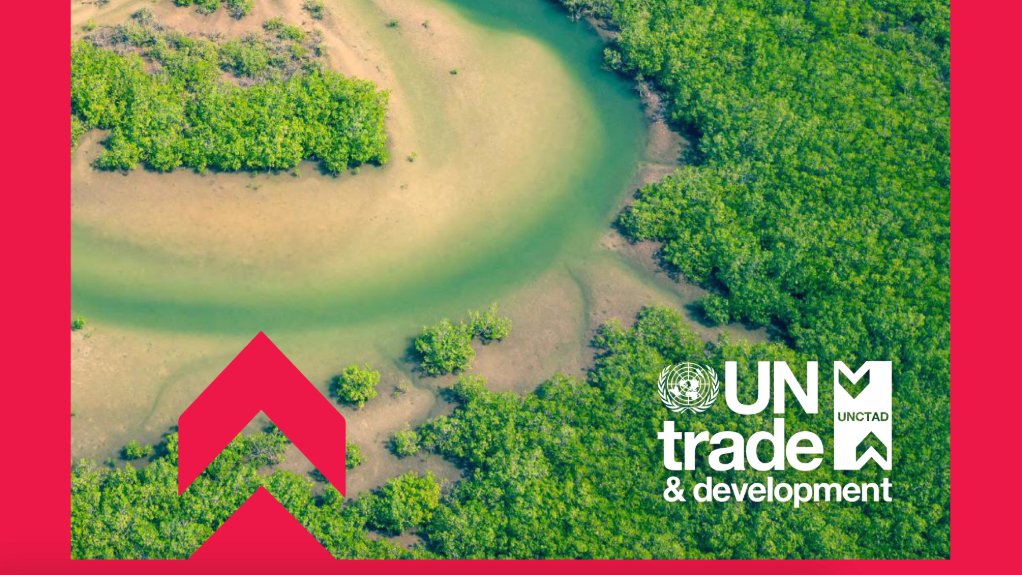- The New Collective Quantified Goal on climate finance2.71 MB
At the 29th Conference of the Parties (COP 29) in Baku, Parties are expected to agree a New Collective Quantified Goal (NCQG) for climate finance from a floor of $100-billion per year, taking into account the needs and priorities of developing countries.
A new goal for climate finance needs to mark a transformative shift in unlocking developing country ambition to ensure that the world can achieve the goals of the Paris Agreement.
To achieve this, the goal should be based on the evidenced needs of developing countries, uphold the principle of common but differentiated responsibilities and respective capabilities (CBDR-RC) and support just transition pathways.
Based on modelled projections using the United Nations Global Policy Model (UN GPM), developing countries require around $1.1-trillion for climate finance from 2025, rising to around $1.8-trillion by 2030.
Provided that key reform and coordination efforts are undertaken in global economic governance to support developing countries’ growth and development outlooks, developed countries could anticipate a funding equivalent of three quarters of the investments needed in developing countries for climate mitigation and adaptation, as well as supporting their response to loss and damage as a consequence of climate change.
Accordingly, the NCQG contribution target for developed countries would be $0.89-trillion in 2025, reaching $1.46-trillion by the fifth year of implementation.
This would imply a target of around 1.4 per cent of developed countries’ Gross Domestic Product (GDP) per year from 2025 until 2030 when the target should be reviewed, equivalent to around 2 per cent of developing countries’ GDP.
To ensure that the quality of finance delivered by the NCQG improves on past experiences of the $100-billion goal, key principles should guide the outcome and translate into concrete elements that are integrated into the final agreement.
For the NCQG to deliver a higher quality of climate finance, it should be based on developing countries’ needs and priorities, ensure an effort-sharing approach among developed countries based on CBDR-RC, focus on expanding fiscal space rather than increasing debt, improve the effectiveness of finance in delivering high quality climate action and implement safeguards so that climate finance is adaptable to changing needs, transparent, and accessible.
A more pro-development international financial architecture (IFA) is a critical foundation for maximizing the effectiveness of future climate finance flows and development outcomes, and will ultimately be the most cost-effective route to global achievement of the Paris Agreement.
While the NCQG is not a sufficient or suitable avenue to tackle all of the barriers developing countries face in adequately financing their climate and development plans, the final outcome can signal the importance of deeper cooperation on IFA reform.
For the best chance at delivering a meaningful outcome, the NCQG should thus be focused on one part of the challenge, namely agreeing a goal of climate finance provision from developed countries to developing countries that can boost trust and cooperation and unlock the ambition all Parties agree is needed.
Report by the United Nations Trade & Development
EMAIL THIS ARTICLE SAVE THIS ARTICLE ARTICLE ENQUIRY
To subscribe email subscriptions@creamermedia.co.za or click here
To advertise email advertising@creamermedia.co.za or click here











